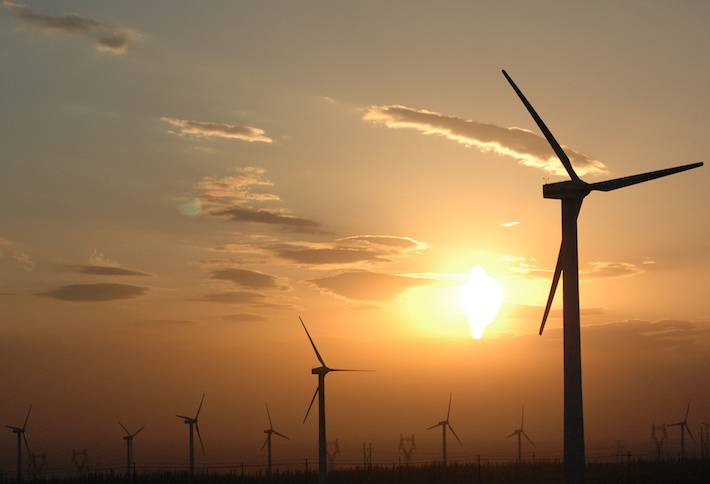
Read more at: https://www.bisnow.com/national/news/energy/everything-you-need-to-know-about-commercial-solar-51455?rt=title?utm_source=CopyShare&utm_medium=Browser

Read more at: https://www.bisnow.com/national/news/energy/everything-you-need-to-know-about-commercial-solar-51455?rt=title?utm_source=CopyShare&utm_medium=Browser

Solar power is becoming a much better investment for owners and developers of apartment properties. The price to buy solar panels has dropped significantly, and today’s photovoltaic panels are much more efficient than just a few years ago. Prices are now so low that a set of rooftop solar panels sometimes makes sense purely as an investment, without any extra cash from subsidy programs or tax credits.
“In many areas there is actually grid parity, meaning you could produce power at the same cost or better than what it costs to buy from the utility,” says Thomas Osdoba, vice president of green initiatives for Enterprise Community Partners Inc.
Read entire article at National Real Estate Investor
Find out more about Liberty at our Youtube page here.
To discuss your funding needs contact Liberty here.